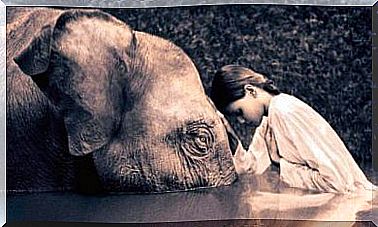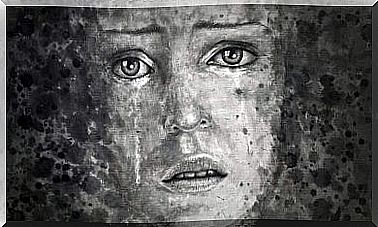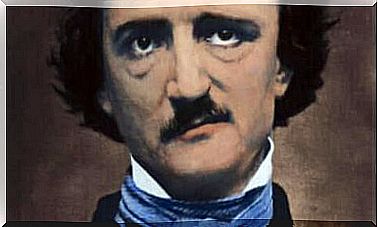Kant’s Ethics: Categorical Imperative
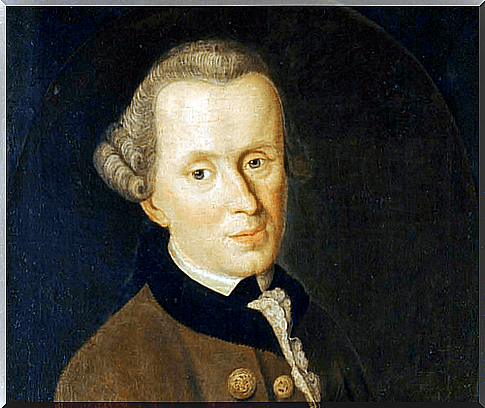
The history of philosophy is the history of revolutions, in terms of knowledge, morals, politics, economics. In it we find figures admired and hated, one of these is Immanuel Kant. Do you know the well-known philosopher of Königsberg and Kant’s ethics?
Many anecdotes are told about the German philosopher. It is said, for example, that he was so routine that his fellow citizens set the clocks on his five o’clock walk. Biographers also emphasize his lack of ambition, love for the country where he was born and died, interest in intellectually stimulating relationships.
We are talking about a lover of physics, mathematics and science in general. He was passionate about geography and a charismatic teacher : many students traveled to Königsberg to attend his lessons, in which there was rarely a free place. In love with knowledge, he was aware that at the same time he was the seed of that love in his students.
He was raised in a religious environment and lost his mother when he was very young. Nevertheless, the woman had time to teach him to look and name stars; a memory that Kant would have drawn with affection for his Critique of Practical Reason . The education received was burdened by a very marked religiosity, authoritarianism, dogmatism and oppression which were the rule in the social environment of the time and, by extension, in the educational field.
Kant’s revolution
Joan Solé, a Spanish writer, links the relationship between Kant and Hume to the film The Brat by Charlie Chaplin. In the film, the little brat stones the window panes to allow his father to offer his services as a traveling glazier.
Hume would be the brat, who destroys a large part of the theory of knowledge established up to that moment and based above all on the thought of Descartes. Kant is the glassmaker.
“Kant found the shattered glass and offered to replace it, putting a ground glass in its place […] so that philosophers were aware that they were seeing the world through translucent glass. Therefore, the revolution proposed by Kant in terms of knowledge was to highlight an idea on which psychology bases many of its current interventions. “Our ideas are far from being a faithful reproduction of the world”.
For Kant, perhaps philosophy would have been able to get out of Plato’s cave. However, following Hume, this did not mean that one could really rely on sufficient tools to access the world as it is (noumenon).
In return, it overcomes the relativism into which empiricists plunge us “Kant retains the impression of the sensible perceptions registered by intuition, but includes it in forms and patterns that are not given by sensibility, but fixed by the subject”.
The categorical imperative: the core of Kant’s ethics
Kant intended ethics as an expression of rationality. If the curious reader wants to go to his original exposition, he can find it in the Critique of Practical Reason and Foundation of the Metaphysics of Morals – works to be digested much more calmly than this article, although perhaps they are not, of all the philosopher’s works, those that most test our understanding as readers.
On the other hand, the categorical imperative represents the age of ethics, just as the Enlightenment was for knowledge. Kant’s ethics is so powerful because it transcends circumstances, individuality or conditioned being. It is not, at the same time, an ethic that deprives of freedom.
It is rather a guarantor because it acquires meaning precisely within this freedom. Finally, it stands out for being an end in itself, it is not subject to happiness, love or pleasure. It is not a means to feel better about yourself, a viscoelastic mattress for your self-esteem.
Following Kant’s formal and universal ethics requires some effort
It does not come naturally, therefore our commitment to it is the duty, the obligation, the imperative. ” Act only according to that maxim that, at the same time, you may want it to become a universal law. “
In other words, our actions respect Kant’s ethics if they give rise to the desire for everyone to act alike. This is Kant’s Copernican twist: ethics does not exist as a product of freedom, immorality or the existence of God, but rather lays a foundation for the existence of the rest of the elements.
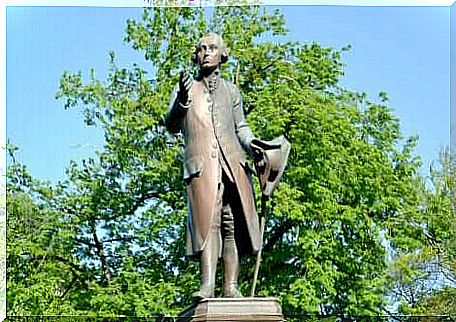
If we raise our gaze to the world, we will find that Kant’s ethics does not rule at all. Power, or the aspiration to power, the fear of the uncertain, the need for security seem to be far more powerful motivations than operating with the honest intention that this conduct can be universal.
We welcome those who enter our country if they bring money with them; we sign peace when it is more convenient than war; we bet on the truth if it gives us more profit than the lie. Kant died two hundred years ago, but we have probably not yet begun to understand his message.




